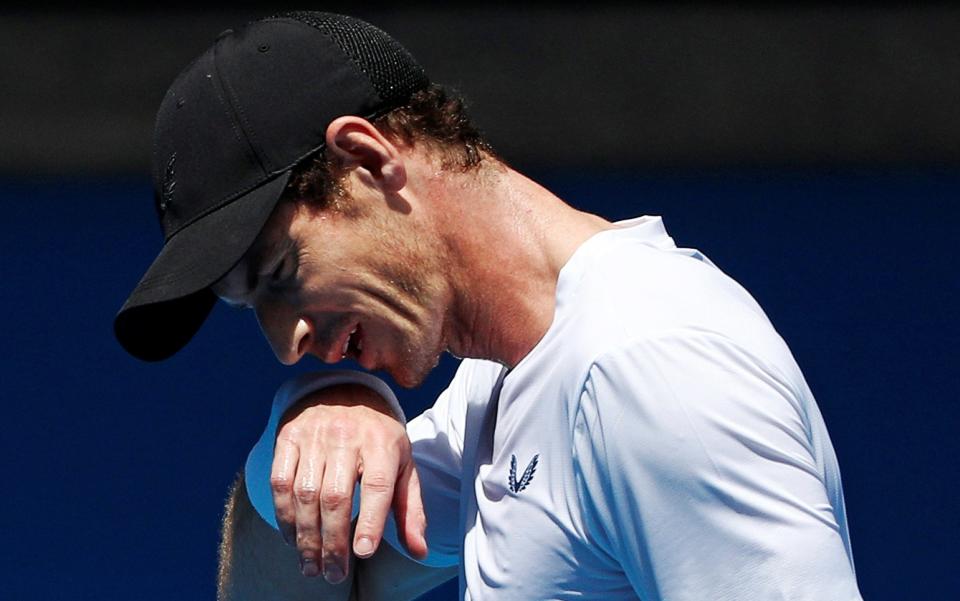'I need a bit of time to get over it': Andy Murray reveals he has consulted psychologists about adjusting to life after tennis

Andy Murray revealed that he has been speaking to psychologists about the challenge of readjusting to life after tennis. Their advice, he said, was to give himself plenty of time and space before rushing into any other role.
Murray added that, in the short term, he feels strangely short of motivation for anything but the job he loves, and is about to lose.
“It’s interesting,” he told a small group of reporters, “because once I’d started thinking about stopping, all of the things that I thought that I would quite like to do, I have zero interest in doing right now.
“Thinking about what I do when I finish playing and rushing into decisions, from speaking to psychologists and stuff, that is the worst thing I should be doing,” Murray added. “I need a bit of time to get over it and then kind of know what my next steps are going to be.”
Murray is due to play 22nd seed Roberto Bautista Agut on Sunday in a match that could represent his last appearance on the professional tour. His mother Judy flew in on Saturday in preparation for this possible swansong, which is expected to start soon after 6pm local time – 7am GMT – on Monday morning in the Melbourne Arena.
He practised on Saturday on an empty Rod Laver Arena. This was a rather more relaxed setting than the public training match he contested with Novak Djokovic on Thursday afternoon. His frustration at being unable to compete properly that day was so intense that it made up his mind to reveal his imminent retirement.
But Murray is well aware that he faces a daunting challenge against Bautista Agut, who beat Djokovic in Doha just over a week ago. “Everybody know that when Andy goes on court he gives 100 per cent,” said the Spaniard. “On the court I will be in a competition and try everything I can to get the win.”
The prospects of an upset are slim, even if it can be notoriously difficult to know how to approach a match against an injured opponent. “Because of the way the last six months of competing has gone, I know that I could win,” said Murray. “But I know that it’s likely that I won’t and it’s going to be uncomfortable and stuff. Because if it is my last match I want to try and enjoy it and enjoy the whole experience.”
Murray received a vote of support from his old friend Rafael Nadal, a rival since they were contesting European junior titles as young teenagers. “When he was a kid, he was little bit a bad boy,” said Nadal with a grin, possibly thinking about Murray’s penchant for tantrums. But the more serious part of the conversation related to Friday’s poignant press conference.
“When you are going on court every day without the clear goal because you cannot move well, you have pain, then is a moment to take a decision,” said Nadal. “Probably he is fighting for keep going since a long time. If he doesn't feel that the thing can go better, probably he does the right thing for his mental health.”
“Seems like he had not very long career because today players are playing that long. But 10 years ago, if he retired at 31, we will say he had a great and very long career.”

